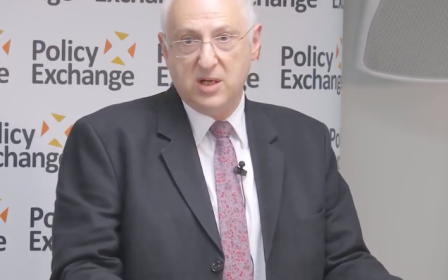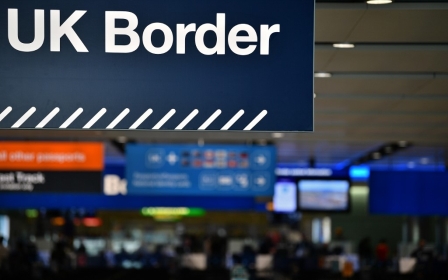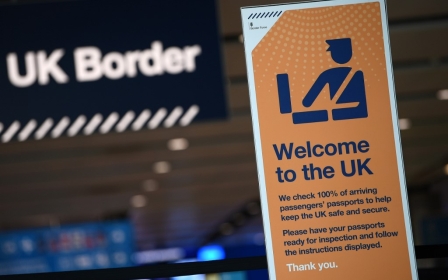'Not again': Academics bemoan Munira Mirza's appointment to head race inequality commission
When Munira Mirza, a special adviser to UK Prime Minister Boris Johnson, was appointed to help set up a commission looking at race inequality in Britain, academic Dr Fatima Rajina thought "not again".
Mirza, who often works behind the scenes, has been a loyal adviser to Johnson - serving under him as deputy mayor of London for education and culture, and later heading the Number 10 policy unit.
But her past comments, namely the downplaying of the existence of structural racism, has cast doubt on whether the new inequality commission will help address racism in Britain.
In previous comments made in 2010, Mirza argued that "the more we seek to measure racism, the more it seems to grow".
Former chair of the Conservative Party, Sayeeda Warsi, criticised these comments and told The Guardian: "When people start talking about an issue and calling it out, whether it’s racism or domestic violence, or child abuse, we see a spike in cases being reported because people finally feel they’re being listened to. That doesn’t make the situation worse; it’s the first step to making it better."
New MEE newsletter: Jerusalem Dispatch
Sign up to get the latest insights and analysis on Israel-Palestine, alongside Turkey Unpacked and other MEE newsletters
Rajina, who focuses on racism and Islamophobia, criticised the Conservative government for its tendency to hire "ethnic minorities who agree with their point of view".
"It's reminiscent of the colonial practice of creating a class of racialised people who continue to comply with institutions and structures that are there to diminish and silence communities of colour.
"Mirza leading this inquiry is the latest way for this government of telling people how little they care about issues impacting racialised communities."
Mirza, whose family is originally from Pakistan, grew up in Oldham in the north of England. She has previously criticised government attempts at addressing racial inequalities, describing it as feeding into a "grievance" culture.
In the last four years, the UK government has commissioned five reviews into inequalities in Britain. Mirza has criticised at least two of these reviews, including findings from a race audit by former Prime Minister Theresa May.
'A nation within a nation'
Chai Patel, a human rights lawyer, working on immigration for the Joint Council for the Welfare of Immigrants, echoed Rajina's concerns and said that Mirza's involvement "guarantees" that the commission will not be "fair or impartial".
"The government frequently makes announcements with no intention of carrying them through, and without having thought in any way about how they are going to do so," Patel told MEE.
"Johnson said he was going to institute some sort of race equality commission. I have no idea whether it will happen or what it will look like, and I guarantee you, neither does he."
Earlier this week, The Guardian said the government hoped to recruit Trevor Phillips as part of the commission.
Phillips, a former chair of the UK Equality and Human Rights Commission, has courted controversy over his comments on Islam - describing British Muslims as becoming "a nation within a nation".
For Dr Adam Elliott-Cooper, an academic focusing on policing and anti-racism movements, the proposal to recruit Philips onto the commission has further solidified his belief that the inequality commission will "achieve nothing".
"Given that Munira Mirza and her proposed co-investigator Trevor Phillips are both passionate deniers of institutional racism in Britain, the British public can have no faith in any findings or recommendations that arise from this report," said Elliott-Cooper.
"It is clear that Mirza was appointed to reaffirm this government's commitment to not only denying the existence of institutional racism in Britain, but to give an ethnic minority face to legitimise a policy agenda, which will continue to negatively impact Black, Asian, and other minority communities in the UK."
Middle East Eye delivers independent and unrivalled coverage and analysis of the Middle East, North Africa and beyond. To learn more about republishing this content and the associated fees, please fill out this form. More about MEE can be found here.




